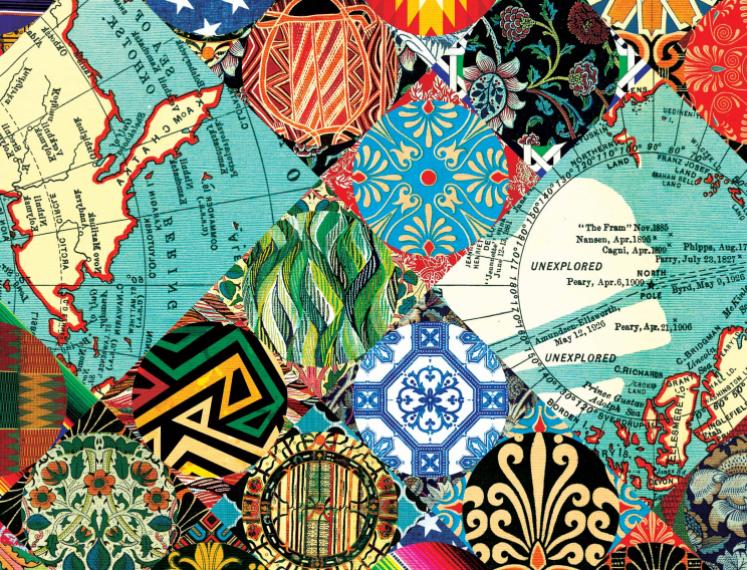
Academy Building
Broerstraat 5
Groningen
Netherlands
The Politics Behind the Curtain
Imagine a team of economists at the World Bank advising a struggling nation on reviving its economy. Their data point to increasing social spending to reduce inequality. But behind closed doors, powerful member states – some with very different political priorities – push for austerity and market liberalization. Whose advice prevails?
Policy-makers in large international organizations, like the International Monetary Fund or the World Bank, have long been caught in a double-bind. On one hand, they are technical specialists expected to base decisions on expertise; on the other, they must respond to the political demands of powerful member states. How do they manage this tension?
During this evening, Leonard Seabrooke discusses his new book, Making Global Norms, exploring how international organizations navigate these treacherous waters. How do they strike a balance? How does expert diversity shape policy outcomes and the global norms we live by? And crucially, how can we increase it?
Seabrooke’s short lecture will be followed by a panel discussion with Julia Lambert Gomes Ferraz and host Lukas Linsi.
Leonard Seabrooke is Professor of International Political Economy and Economic Sociology at Copenhagen Business School, where he leads the Organization, Markets and Governance group and chairs the Ethics Council. He is also Research Professor at the Norwegian Institute of International Affairs. An interdisciplinary scholar, he has published widely across International Relations, Political Economy, Sociology, and Organization Studies.
Julia Lambert Gomes Ferraz is a PhD candidate at the University of Groningen and the University of São Paulo, specializing in development finance. Her research focuses on feminist international political economy, the governance of international financial institutions, and the integration of feminist and ecological agendas.
Lukas Linsi is Associate Professor of International Political Economy at the Department of International Relations and International Organization at the University of Groningen. He studies processes of (re)globalization and the politics of numbers in global economic governance.
In collaboration with the Centre Philosophy, Politics and Economics.
Unfortunately, there will not be a livestream this evening.


